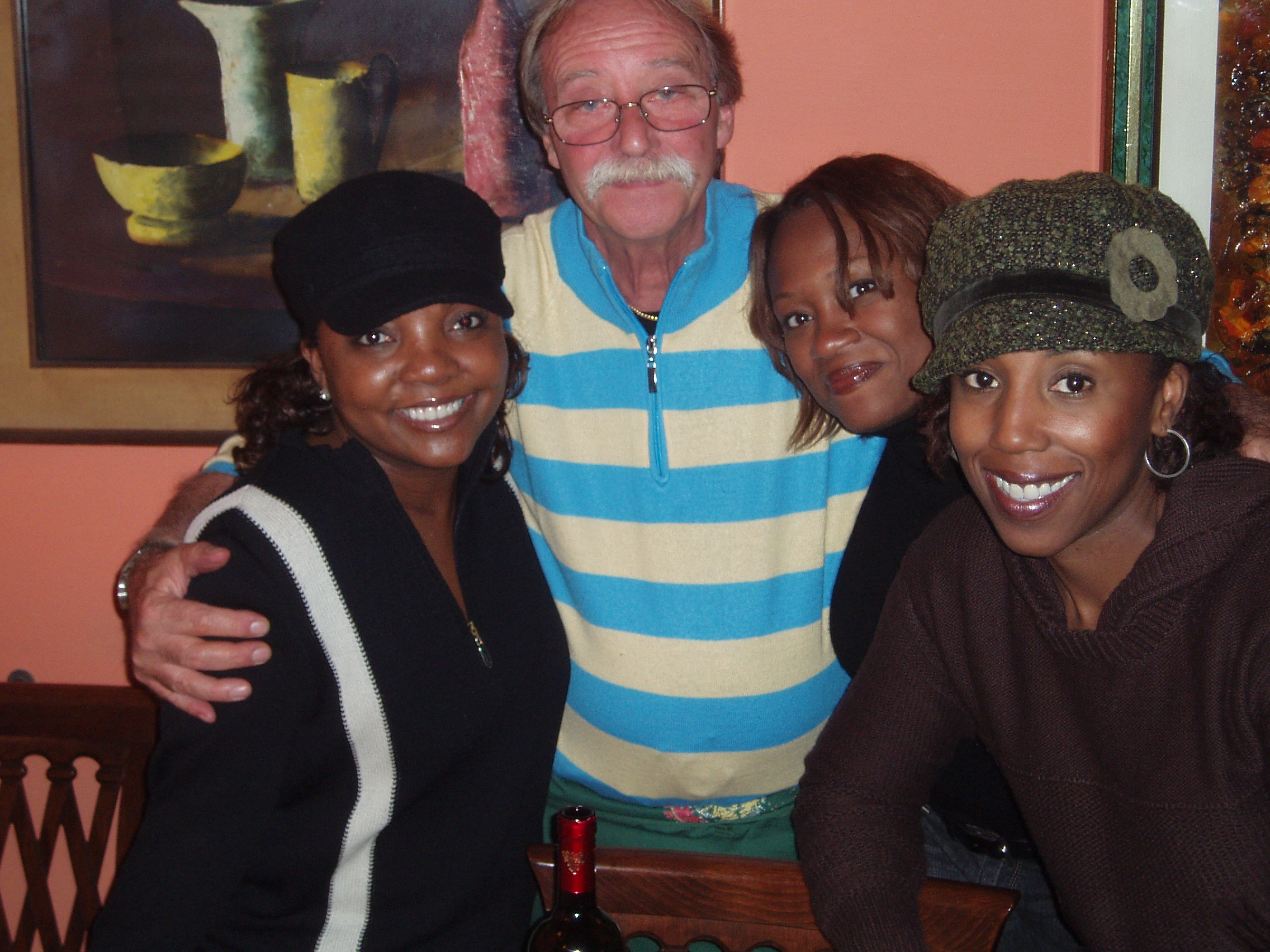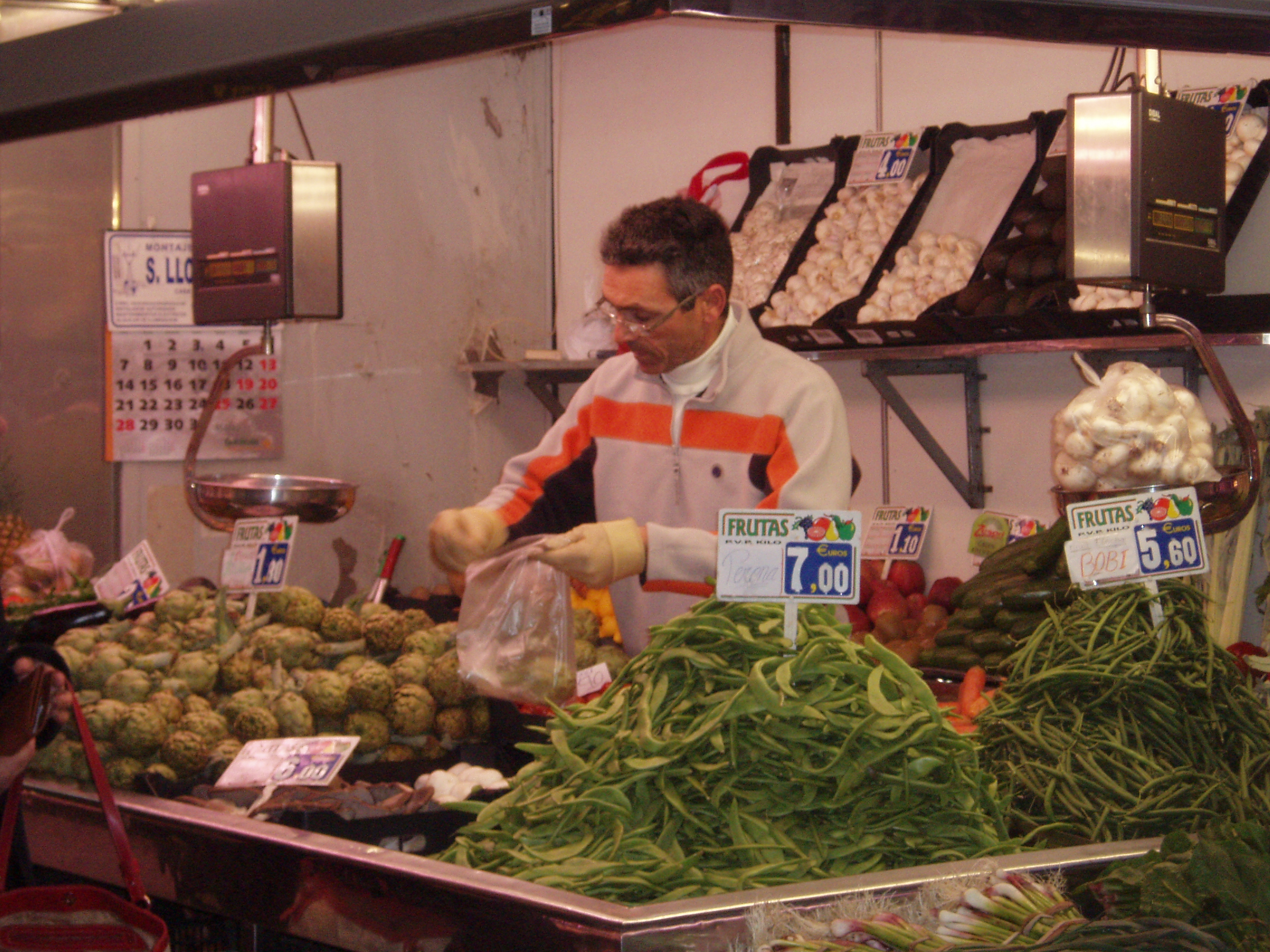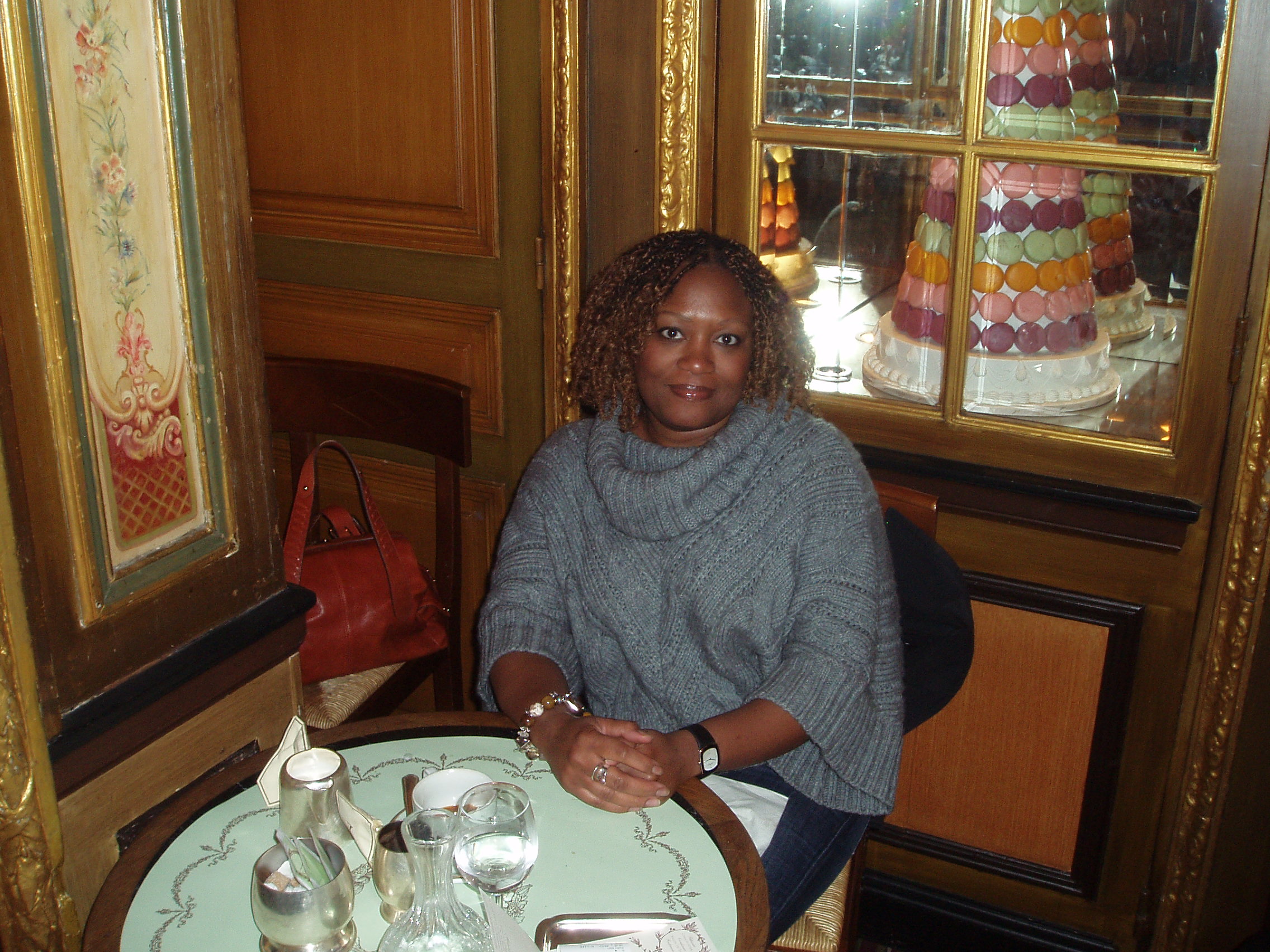Don’t know if any of you caught this on PBS stations in the United States last night, but a FABULOUS documentary highlighting called “Harlem in Montmartre” walked viewers through the roots of African-American jazz in Paris and the forces that shaped this incredible musical genre. As many of you know, Paris is my favorite city in the world, the one place I’d choose if told I could never leave. And when there, I love to stroll around the colorful 18th arrondisement where Montmartre, the city quarter spotlighted in the film, is located.
As the documentary showed, this was where black American musicians, artists and writers often settled when they arrived in the City of Light between the First and Second World Wars. There were nightclubs owned and run by black folks – even strong African-American women like Ada “Bricktop” Smith, whose club was the place to be. It was here that jazz greats like New Orleans native Sidney Bechet earned their fame; where entertainers like the beloved Josephine Baker (whose do-it-your-own-way life story never ceases to amaze and inspire me) performed and hung out. This was no small thing, as these black Americans found a personal and creative freedom they were denied back “home” in the United States. The French embraced them, and African-Americans in Paris embraced them right back. Surely it wasn’t utopia, but compared with an often violent and discriminatory Jim Crow existence in the States, it probably felt like heaven on earth.
I first learned about some of Montmartre’s place in African-American history by taking one of Ricki Stevenson’s Black Paris Tours many years ago. This combination walking-bus-Metro tour not only introduced us to haunts frequented by Baker and writers like James Baldwin and Richard Wright, but gave us the historical context needed to understand just what was so special about this “Harlem Renaissance” on the other side of the Atlantic. For the first time in their lives, these black artists had the freedom and the right to JUST BE.
Even if you’re not a music or jazz enthusiast, you’d find “Harlem in Montmartre” fascinating TV, complete with commentary from both American and French historians and musicologists. (Not sure when PBS will make the video available, but click here to at least view a video excerpt.) Talk about bringing history to life. I’ll bet it makes you want to book an airline ticket to Paris so you can check out this fascinating place for yourself!
And if you DO happen to be a jazz fan, here are a few spots (not located in Montmartre, but throughout Paris) you might want to try:
- Caveau de la Huchette. Located in the 5th arrondisement on the Left Bank, you’ll listen to jazz in a centuries-old underground cave. Great music, great scene.
- Au Duc des Lombards. Housed on a street not far from the Pompidou Centre that’s home to a string of quality jazz joints, the Duc is one of the most popular and best-known. (Note: this Web site’s all in French.)
- Jazz Club Etoile. This spot, located in the Le Meridien Etoile hotel in the 17th arrondisement, used to be known as the "Lionel Hampton Jazz Club." But check it out, as it often hosts top names across genres including soul, blues, gospel and "world music."
- Anywhere along rue des Lombards. As I mentioned, there’s a host of jazz venues on this street in the very centrally located 1st arrondisement (although I can’t remember all the club names). Even if you don’t have pre-arranged reservations, stroll this street, see who’s playing at the different clubs, and duck inside for an unforgettable cultural experience.




